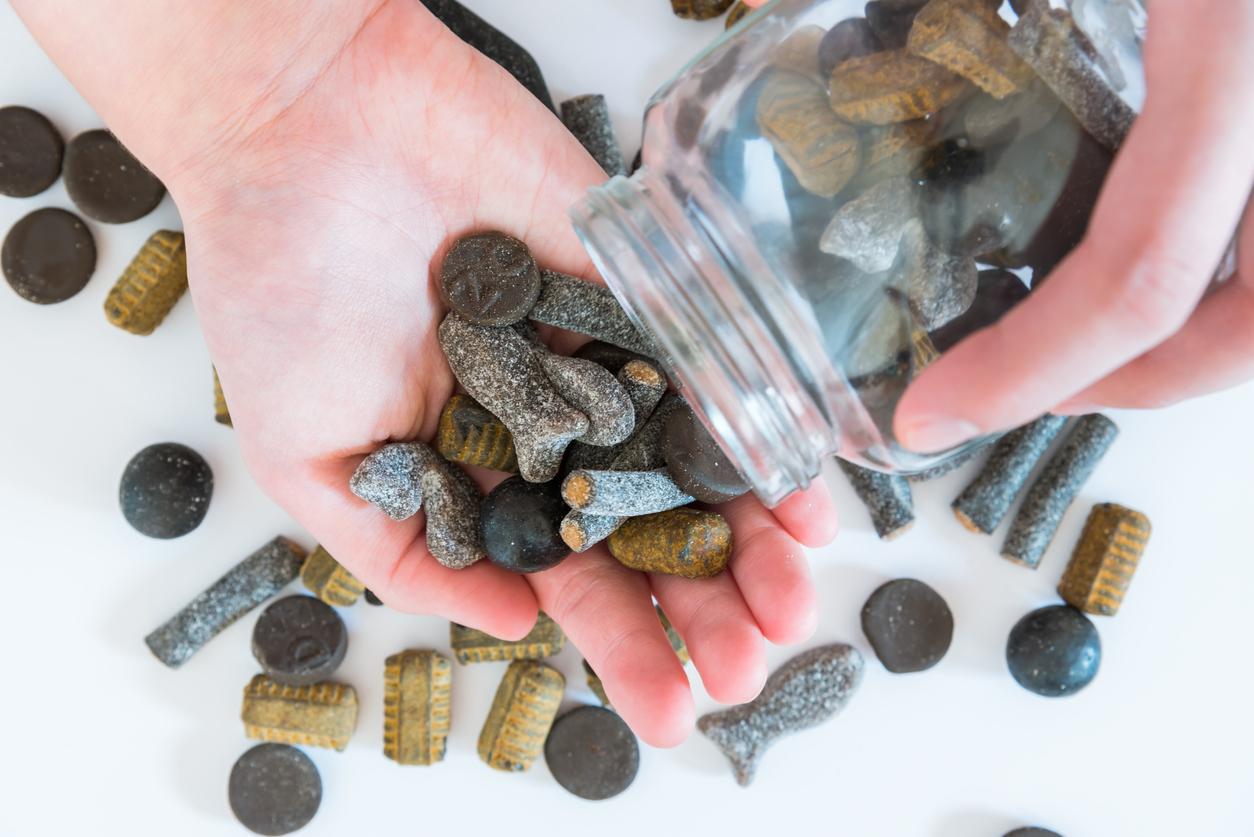People who have had their wisdom teeth removed have improved long-term taste abilities.

- People who have had their wisdom teeth extracted experience an average improvement of 3 to 10% in their taste functions.
- This intervention would release the inhibition of the nerves that supply the taste buds at the back of the mouth, thus increasing the sensitivity of the whole mouth.
Oral hygiene is important to fully appreciate the taste. So that it is not altered, it is preferable to avoid washing the tongue. But in a new study, published on June 23 in the journal Chemical SensesAmerican researchers from the University of Pennsylvania Medical School go further and suggest that removing wisdom teeth would improve long-term taste abilities.
Women have always outperformed men
This research is the first to analyze the long-term effects of wisdom tooth extraction. “Previous studies have only found adverse taste effects after extraction and these effects are generally thought to dissipate over time.says Richard L. Doty, lead author of the study. This new study shows us that taste function may actually improve slightly between the time patients undergo surgery and up to 20 years later. This is a surprising but fascinating finding that deserves further investigation to better understand why this function is enhanced and what it may mean clinically..”
For the study, the researchers evaluated data from 1,255 patients. Among them, 891 participants had their wisdom teeth extracted and 364 did not. They then performed several tests to assess the taste functions of the volunteers. They tested five different concentrations: sucrose, sodium chloride, citric acid and caffeine. Each solution is drunk, burned in the mouth, then spat out and participants were asked whether the solution tasted sweet, salty, sour or bitter.
Taste functions improved between 3% and 10%
The results revealed that the group that no longer had their wisdom teeth outperformed the control group for each of the four tastes. Another interesting observation is that women have always outperformed men. Researchers estimate that people who have had their wisdom teeth extracted experience an average improvement of 3 to 10 percent in their taste functions. “The study strongly suggests that third molar extraction has a long-term, albeit subtle, positive effect on lingual taste tract function in some people”, assures Dan Kim, co-author of the study.
According to the authors, two explanations could justify these results. The first is related to damage caused by the extraction to the nerves that innervate the taste buds at the front of the mouth and which can release inhibition from those nerves that supply the taste buds at the back of the mouth, thus increasing the sensitivity of the whole mouth. According to the second, oral surgery, which is the extraction of wisdom teeth, increases the hypersensitivity of peripheral nerve damage. Thus, repetitive light touch, which can occur during chewing, progressively accentuates neural responses of irritated tissues, which can lead to long-term progressive tactile hypersensitivity and could stimulate taste perception.
“Further studies are needed to determine the mechanism(s) behind the extraction-related improved taste function.concluded Richard Doty. The effects are subtle but can provide insight into how long-term improvement in neuronal function can result from altering the environment in which nerves run.”
.

















